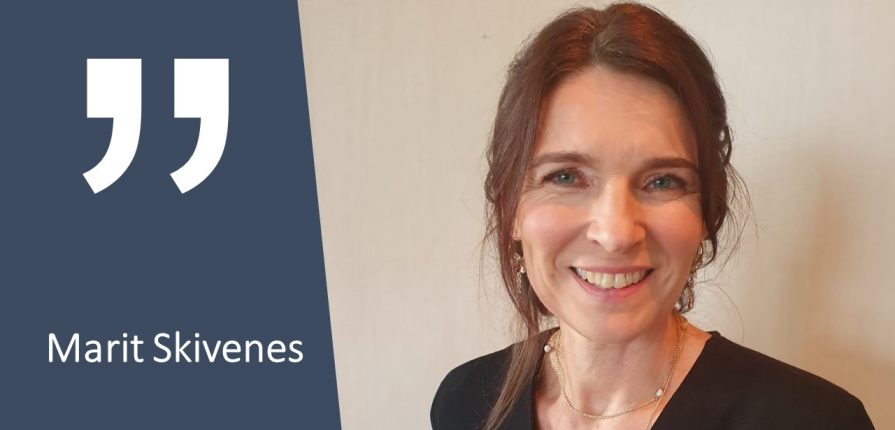BLOG: Surprisingly high public acceptance of child protection interventions, although significant differences between countries.
Norway’s hidden scandal was the title of a BBC news report in 2018[1] that gained attention across Europe, echoing the harsh criticism from citizen groups and religious and ultra conservative groups of the Norwegian child protection system and their protection of children’s rights. The critics question the legitimacy of legal institutions and the normative foundations of the social democratic welfare state model.
One important reason for the controversy is that children in many societies are increasingly regarded as individuals with separate interests and rights as laid out in the worldwide ratified Convention on the Rights of the Child (CRC). However, this rights development creates tensions, and one of the contested rights is children´s right to protection.
The critics question the legitimacy of legal institutions and the normative foundations of the social democratic welfare state model.
Through the child protection system, the state can assume parental responsibility or terminate all parental rights when parents are unable or unwilling to perform their parental obligations. It is one of the most invasive and consequential decisions a state can make. These interventions represent an immensely strong state power, and simultaneously challenge individual freedoms and the privacy and autonomy of family life.
Such decisions must therefore be decided through judicial procedures securing the highest standards of the rule of law – but, they must also be legitimate in the sense that they are accepted by citizens. However, we know very little about citizens’ attitudes about child protection interventions and what are considered acceptable grounds for removing a child from their parents.
Views on children and parents
As a first step, asking people about their opinions and views on children and parents provides some information about acceptability of a policy. In a recent survey conducted in England, Norway, Poland and Romania, a representative sample of the populations were presented with several child protection-related questions (Skivenes, in preparation). The countries were chosen because they represent different welfare state models and child protection systems, and also because much child protection critique has been from Eastern European countries.
The citizens were presented with questions about the government’s responsibility to protect children who suffer due to unsatisfactory parental care. They were also asked about different types of parental challenges, such as substance abuse problems, versus mental illness versus intellectual disability.
There is acceptance among a majority of the populations that when in the best interest of the child one should remove a child from the home if the child suffers due to unsatisfactory parental care.
There are differences between countries. Although a majority agreed that a child suffering due to unsatisfactory parental care would legitimize a removal, there are a significantly higher portions of English (86 %) and Norwegian (84 %) citizens that agree to this, compared to citizens in Poland (58%) and Romania (55 %).
There is acceptance among a majority of the populations that when in the best interest of the child one should remove a child from the home if the child suffers due to unsatisfactory parental care.
Examining if a child’s suffering due to parents’ alcohol problems would constitute a reason for intervention, the responses were very similar: In Norway 93 %, in England 87 %, in Romania 86 % and, in Poland 79 % stated that parental alcohol problems are a legitimate reason for authorities to intervene in the family and to remove the child.
The acceptance for intervention if a child is suffering due to parents’ mental illness is also high, and similar across countries except for Poland – in Romania (80 %), Norway (78 %) and England (72 %), but in Poland (60 %).
Asked about intellectual disability, there are however, clear differences between populations, and especially Norwegians stand out. In Norway 73 % stating that it is a justified reason for a removal, in Romania, 54 % and England and Poland, 48 % state the same.
Surprisingly high acceptance
The normative nature and the indeterminacy of child protection decisions makes it inevitable that interventions are contested, and thus that the legitimacy of the child protection system is questioned. It is thus surprising to find a relatively uniform and high acceptance in all four country populations for removal of a child due to parental alcohol problems.
The Norwegian population stands out with an overall large consensus on removing a child due to unsatisfactory parental care, regardless of social and/or health problems. In England, Poland and Romania, the results display more variation, and reflect the normative pluralism that is often presented as a feature in modern societies.
REFERENCE:
[1] https://www.bbc.co.uk/news/resources/idt-sh/norways_hidden_scandal
ILLUSTRATION: Colourbox


